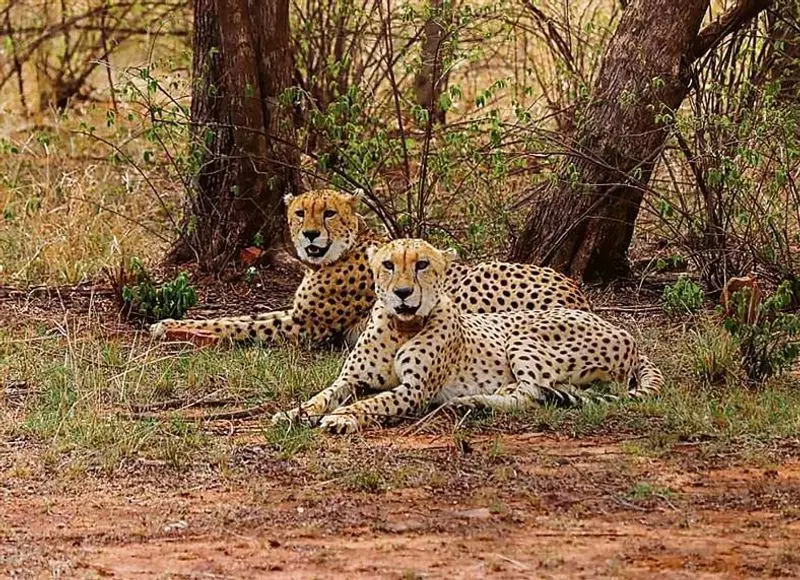
In a historic conservation milestone that will rewrite India's ecological history, the grasslands of the subcontinent are preparing to welcome back their fastest land predator. African cheetahs from Botswana are scheduled to arrive in India soon, marking the triumphant return of a species that was declared extinct in the country over seven decades ago.
A Dream Seven Decades in the Making
The ambitious 'Project Cheetah' represents one of the most significant wildlife translocation efforts ever attempted globally. After extensive preparations and diplomatic negotiations, India is finally ready to receive these magnificent big cats from Botswana, a nation renowned for its successful cheetah conservation programs.
Why This Transfer Matters
This isn't just another animal relocation project - it's about restoring a crucial missing link in India's ecosystem. Cheetahs play a vital role as apex predators, helping maintain the delicate balance of grassland habitats by controlling herbivore populations and promoting biodiversity.
The African cheetahs will initially be quarantined and carefully monitored before being introduced to specially selected protected areas. Wildlife experts have identified potential habitats that mirror the open grasslands and savannahs these cats naturally inhabit.
Scientific Approach to Rewilding
Indian conservation authorities have left no stone unturned in preparing for this momentous occasion:
- Comprehensive habitat assessment and preparation
- Advanced tracking and monitoring systems
- Specialized veterinary care protocols
- Community engagement programs around release sites
- Long-term population management strategies
This carefully orchestrated effort demonstrates India's growing commitment to global wildlife conservation and ecological restoration.
Beyond Conservation: Ecological and Cultural Significance
The return of cheetahs holds profound significance beyond ecological restoration. These majestic animals have deep cultural and historical roots in India, featuring prominently in ancient art, literature, and royal traditions. Their return symbolizes a reconnection with India's natural heritage.
As the world watches this groundbreaking conservation initiative unfold, success could pave the way for similar rewilding projects globally, offering hope for other endangered species and degraded ecosystems.





